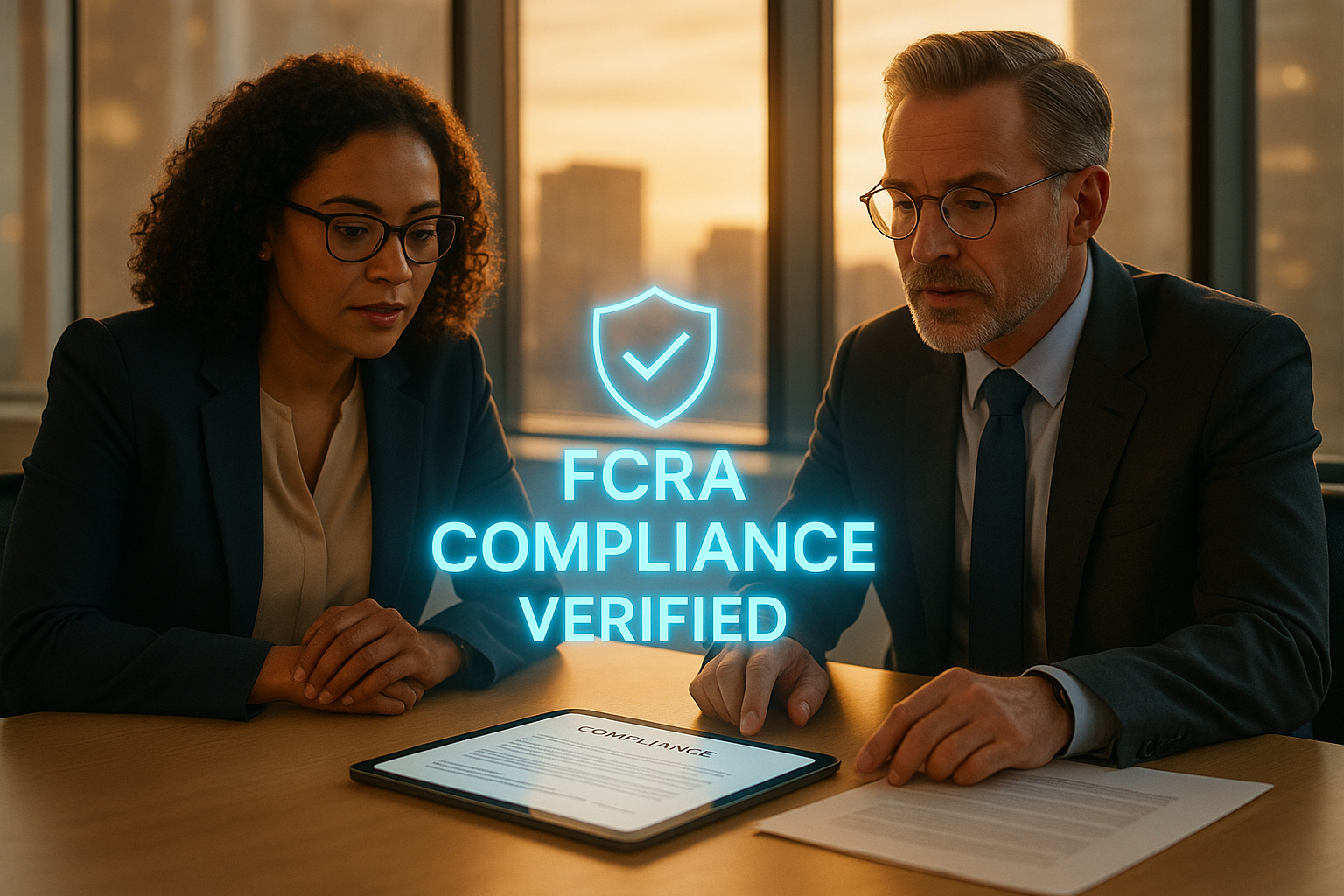Ferretly's Role in Social Media Screening Under Title VII

The recent Forbes article highlights a significant shift in how social media impacts workplace dynamics, particularly through the lens of Title VII of the Civil Rights Act of 1964. This legislation, aimed at prohibiting employment discrimination based on race, color, religion, sex, or national origin, now intersects with the digital realm in unprecedented ways. Here's how Ferretly's social media screening services can help companies navigate this complex landscape:
Understanding Title VII in the Digital Age
- Discrimination in the Digital Space: Title VII's principles extend to online interactions. If an employee's social media posts create a hostile work environment, even if posted outside of work hours, employers might be held liable. Ferretly's screening tools can identify content that might lead to such claims, allowing for proactive management.
Ferretly's Approach to Social Media Screening
- Comprehensive Analysis: Ferretly screens for content that could be interpreted as discriminatory or creating a hostile environment. This includes not just explicit content but also subtler forms of discrimination that might not be immediately obvious.
- Legal Compliance: Our system is designed to adhere to federal and state laws, including FCRA, EEOC guidelines, and GDPR, ensuring that the screening process respects privacy and legal boundaries.
- Customizable Policies: Companies can tailor their social media policies through Ferretly, aligning with Title VII's requirements. This customization ensures that the screening is sensitive to the nuances of discrimination laws.
- Continuous Screening: Instead of waiting for issues to escalate, Ferretly provides continuous screening allowing companies to address potential problems before they become legal issues.
Read Also: Pros and Cons of employers checking social media
The Practical Application
- Preventive Measures: By screening social media activity, companies can prevent situations where an employee's online behavior could lead to a hostile work environment or discrimination claims. This proactive stance can mitigate risks.
- Documentation and Defense: Should a legal challenge arise, Ferretly's detailed reports can serve as documentation of due diligence, showing that the company took steps to prevent discrimination.
- Cultural Integration: Using Ferretly's insights, companies can foster a culture where digital behavior reflects the values of equality and respect, aligning with Title VII's spirit.
Conclusion
In an era where digital footprints are as significant as physical ones, Ferretly's social media screening services offer a strategic advantage. By integrating these tools, companies can ensure they're not just compliant with Title VII but are also fostering a digital workplace environment that's inclusive, respectful, and legally sound. This isn't about policing but about understanding, guiding, and safeguarding both the company and its employees in the ever-evolving digital landscape.






